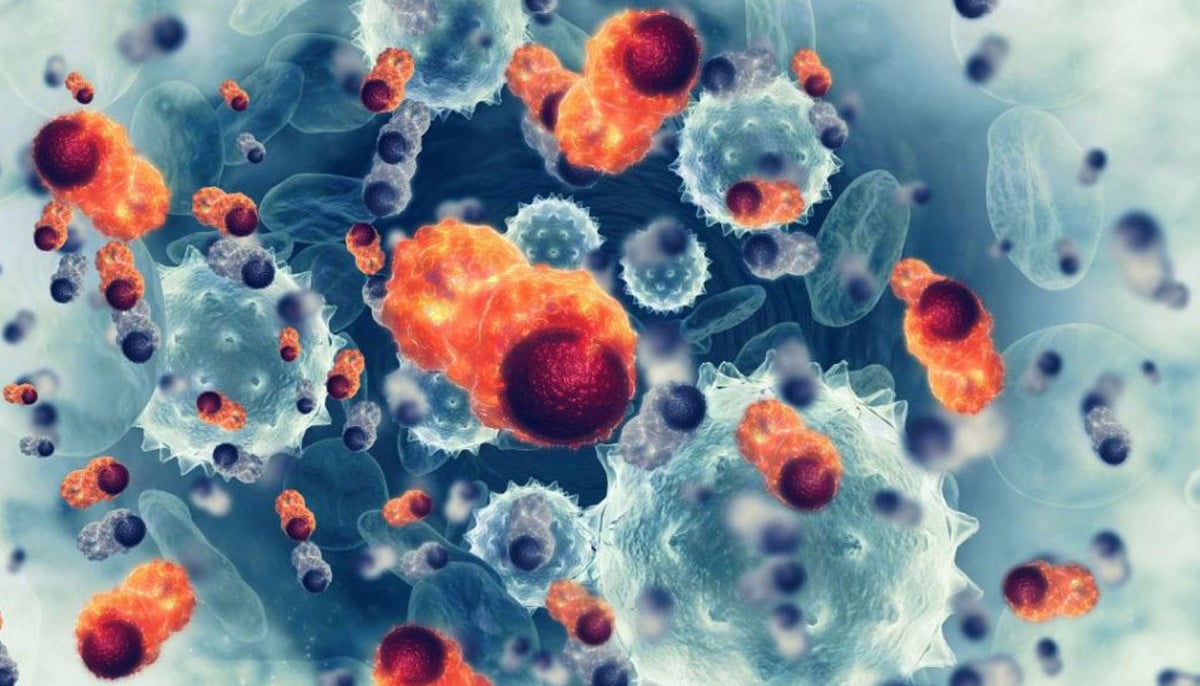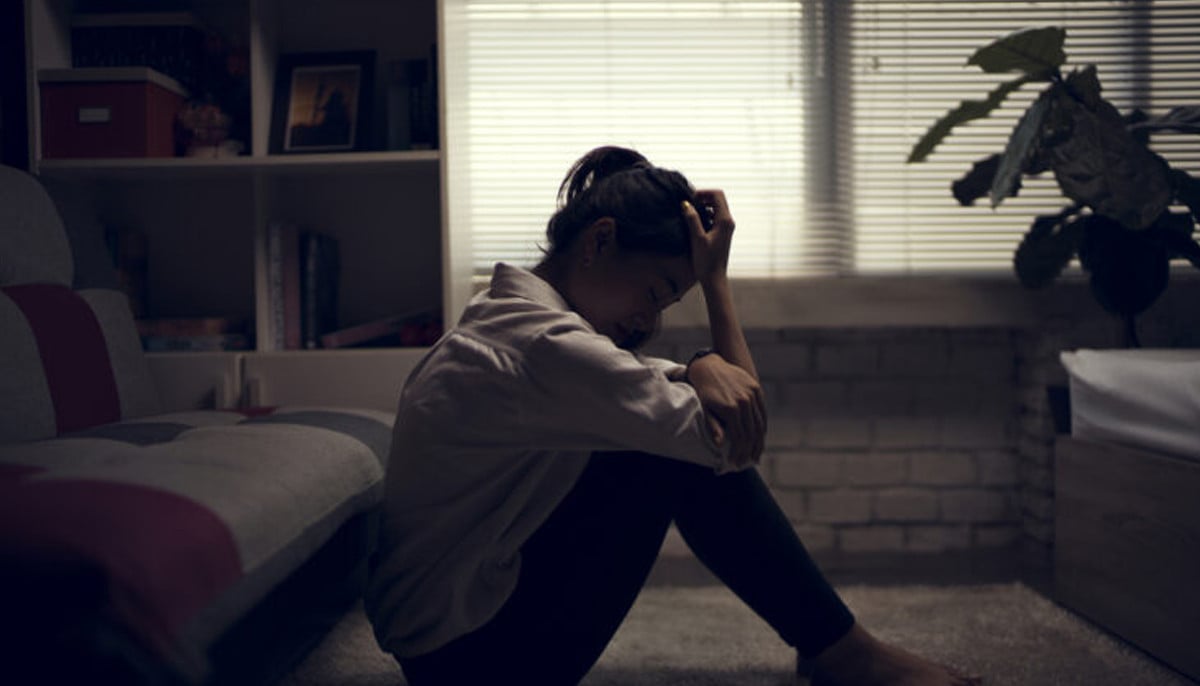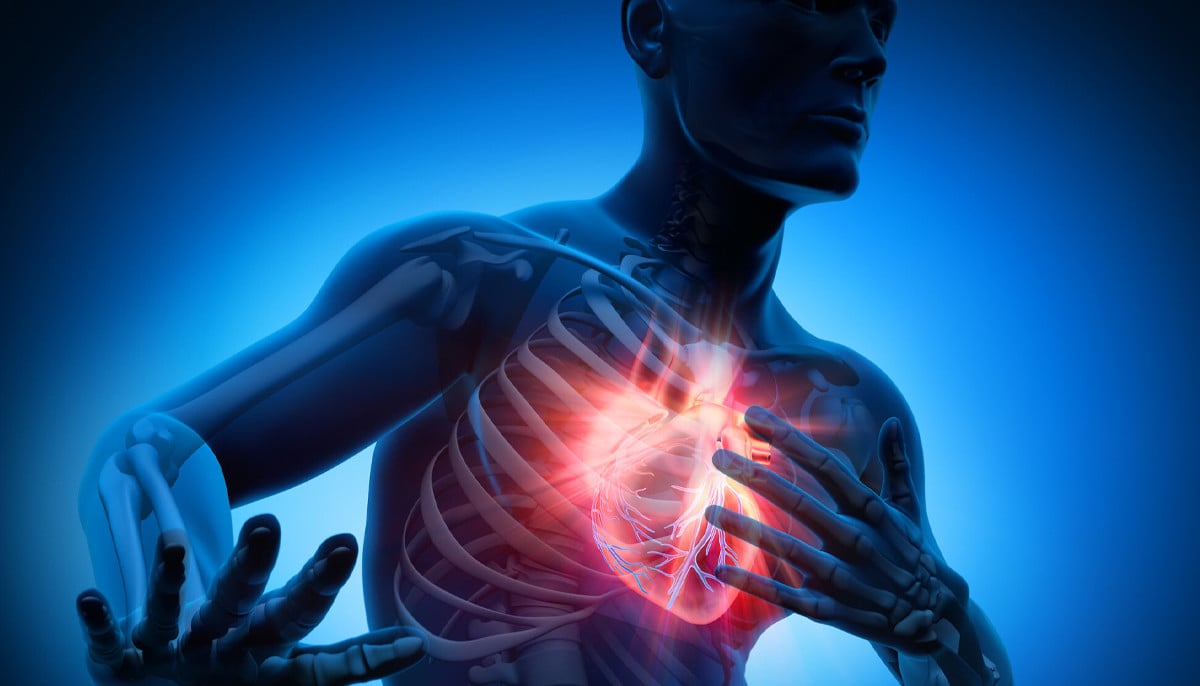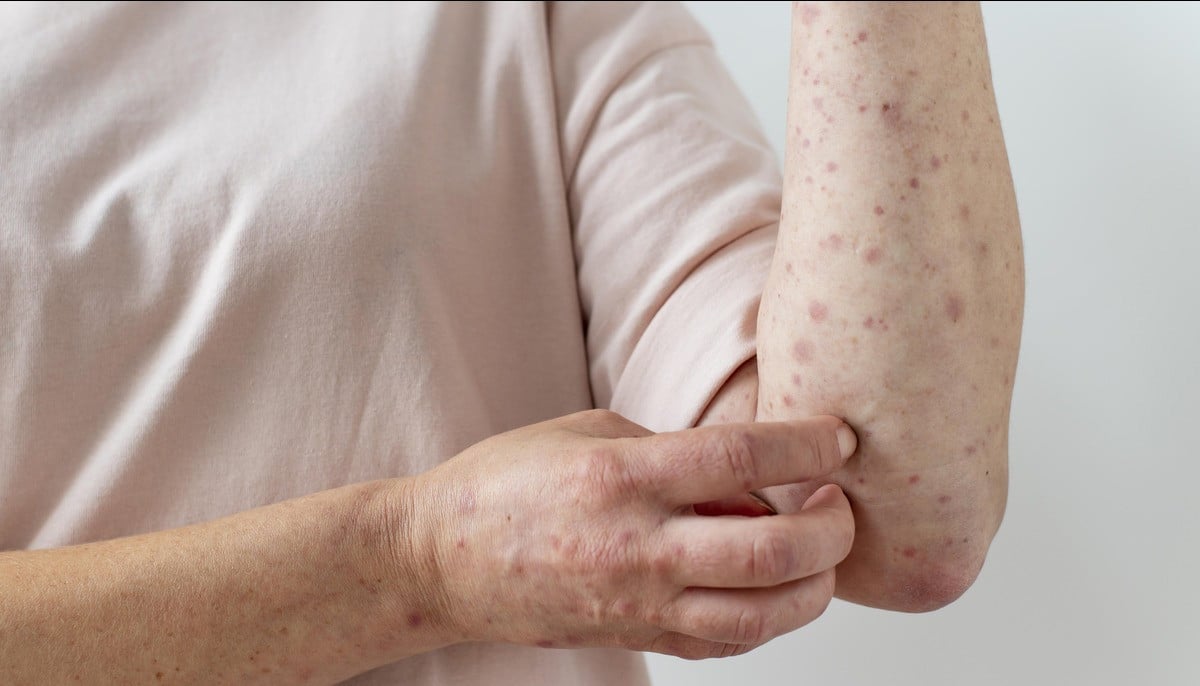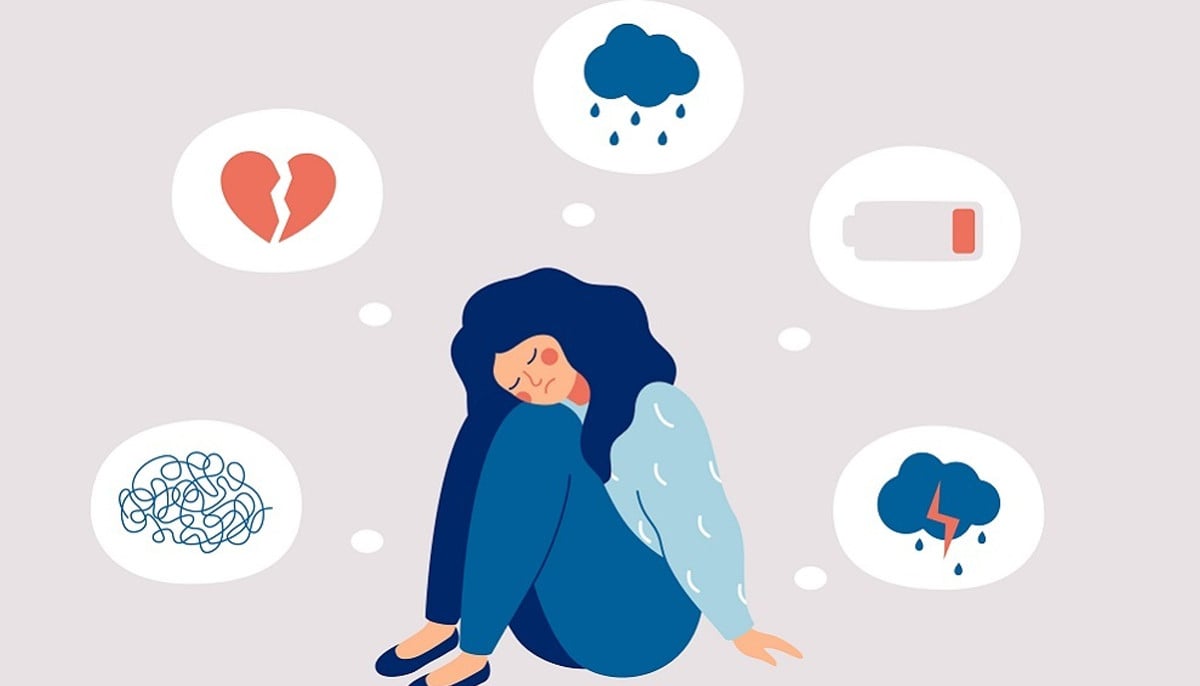PARIS: The first solid evidence that smoking causes cancer came in the 1950s, followed decades later by revelations that "second-hand" smoke also harms health.
On Friday, scientists issued a warning about what they call "third-hand" smoke (THS) -- the sticky residue from tobacco puffing that clings to walls and furniture.
In mice, at least, exposure to these toxic leftovers causes lower infant weight and alters counts of blood cells associated with the body´s immune system, they reported in the Nature journal Scientific Reports.
"Evidence is mounting that the residue lingering on indoor surfaces could be just as harmful -- if not more -- than second-hand smoke," said the Lawrence Berkeley National Laboratory, which took part in the study.
Researchers from the United States and China tested the biological response of mice to THS in lab conditions designed to mimic exposure in a smokers´ home.
Based on what they found, there could be reason to fear for the safety of infants who can pick up toxins from floors and carpets they lie or crawl on, and walls, curtains and furniture they touch, the team said.
"Small children are a particularly vulnerable population who are exposed to THS toxicants through inhalation, ingestion and dermal contact," they wrote.
Previous research had shown that THS toxins caused DNA damage to human cells in petri dishes, and harmed sperm and the organs of lab mice.
An earlier study of THS toxins in house samples warned of a potential cancer risk to children.
-
Sciences reveals shocking body response against heart attack
-
Anti-inflammatory teas to keep your gut balanced
-
Emma Stone reveals she is ‘too afraid’ of her ‘own mental health’
-
5 simple rules to follow for smooth, healthy hair
-
Expert discusses 'complications' of measles outbreak
-
Are statins safe to use? New study debunks long-feared side effects
-
New research busts major PTSD myth
-
Shocking gender link in autism comes to light

